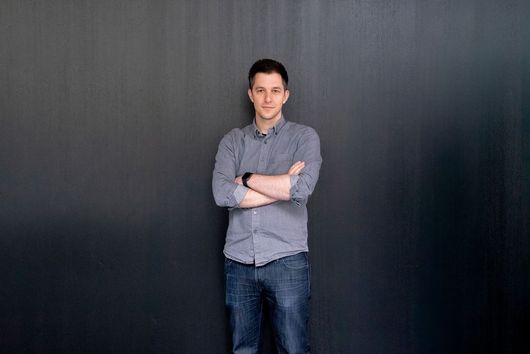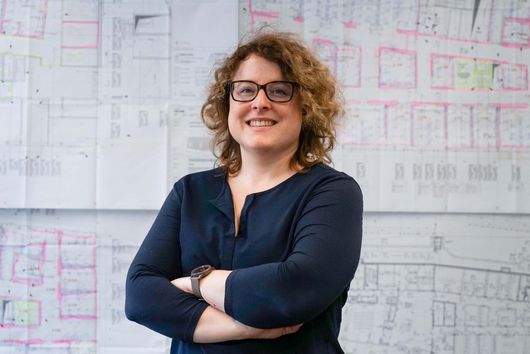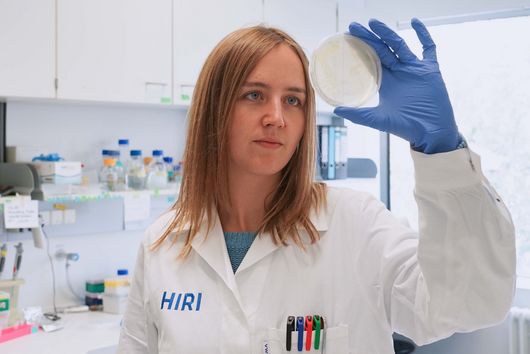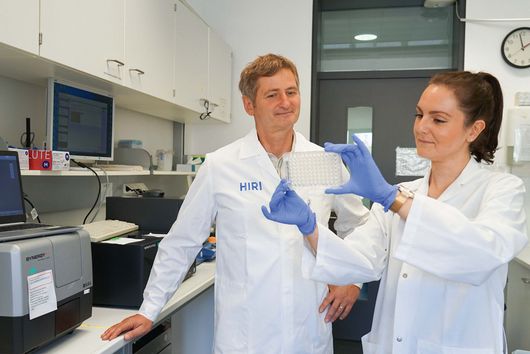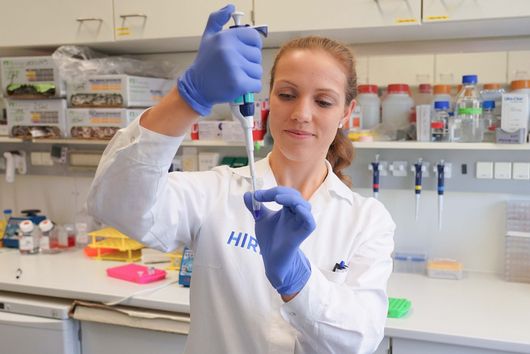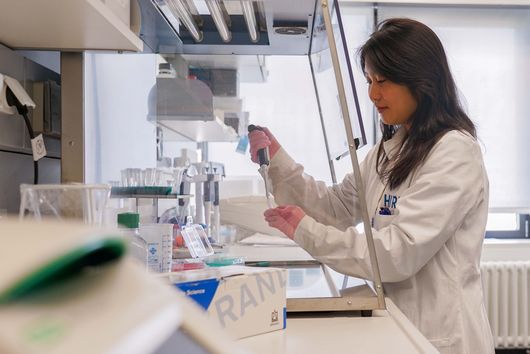
The joy of discovery
Since 2022, Janet Wackenreuter has been a PhD student in the “RNA & Infection” graduate program. At the Helmholtz Institute (HIRI) in Würzburg, she is conducting research on small ribonucleic acids, or small RNAs. However, her insider tip for Würzburg is more philosophical than biological.
“Originally, I wanted to study something related to environmental protection. After careful consideration, though, I decided to pursue a degree in biology at the University of Bayreuth because it allowed me to specialize in what I liked best,” she recalls. During her studies, she gained initial laboratory experiences. “When I stepped into a lab for the first time, I knew that was where I wanted to work,” she says.
Now Janet can be found in Franziska Faber's lab on a daily basis. The research group, which is located at the Julius-Maximilians-Universität of Würzburg and associated with HIRI, is focusing on the intestinal pathogen Clostridioides difficile. “Uncontrolled growth of the pathogen leads to severe diarrhoeal diseases that can be lethal. It is a huge burden, especially on hospitals and the healthcare system,” says Janet. Although antibiotics can kill the bacteria, they also attack benign microorganisms and disrupt the microbiome. Additionally, C. difficile has the ability to form spores, a persistent and antibiotic-resistant form crucial to the pathogen's spread.
“It is still unclear which environmental factors cause the bacterium to form spores,” Janet explains. What is known, however, is that the Spo0A master controller must be present. Its translation, in turn, is controlled by a network of small RNAs. This network is the subject of Janet's doctoral research. “First, I need to identify the small RNAs that are present. Then I'll look at how they interact with each other,” she says. These small RNAs could potentially be targets for future forms of therapy. Thus, with her discoveries, Janet lays the groundwork for advanced, applied research.
RNA as a Common Thread
Janet became aware of the HIRI graduate program through a professor who had seen the new call for applications on social media—quite unexpectedly. “I was in the middle of my master's thesis and wasn't really looking for a job,” she recalls, “but since I was already working on RNAs at that time, the program was a great fit.” The application deadline wasn't far away, so Janet had to hurry. “Forty-eight hours, little sleep, and a lot of coffee later, my application was in.“ This effort paid off; Janet was accepted into the program. “I've learned so much since I've been here,” she says. “I was able to get to know larger labs like Chase Beisel’s and Jörg Vogel’s, where I worked with the gene scissors CRISPR and antisense peptide nucleic acids, also known as RNA-based antibiotics,” she recalls. Potential graduate students do not apply for a specific group or project. Instead, they rotate through three different labs at HIRI to learn about the research and techniques. Although she ultimately chose Franziska Faber's lab, she appreciates the experience she gained in the other labs: “Those skills are helping me with my project. I continue to use some of the methods I learned there.”
For the graduate program, Janet moved to Würzburg, where she already had some roots due to her upbringing in Lower Franconia: “It was very easy for me to settle in here, since some of my childhood and school friends already lived in Würzburg.” She also quickly made friends at the Helmholtz Institute in Würzburg. “We are just a great bunch with good chemistry. Since our research group is relatively small, it's very familiar. Everyone knows each other and their projects,” says Janet.
Janet enjoys being back in the region where she grew up: “I'm a very close-to-home person. I still have a lot of family in Schweinfurt and the surrounding area and am active in my hometown,” she says. Otherwise, she appreciates Würzburg's size. “The city is big enough to offer many cultural and recreational activities. At the same time, everything is very centrally located and from the city center you can reach the other parts of the city easily.” She's also taken with the vineyards and the many historic buildings: “There's so much to discover.” She likes to spend her spare time on the banks of the Main river, enjoying the magnificent views from the shore.
If you've always wanted to attend a lecture at the University of Würzburg, you can take Janet's insider tip to heart. “I recommend the Residence Lectures in the Toscana Hall. The room with all the paintings and mirrors is just beautiful,” she enthuses. These lectures, organized by the Institute of Philosophy, are open to non-philosophers. And at the end, there's a glass of Würzburg wine to enjoy.






